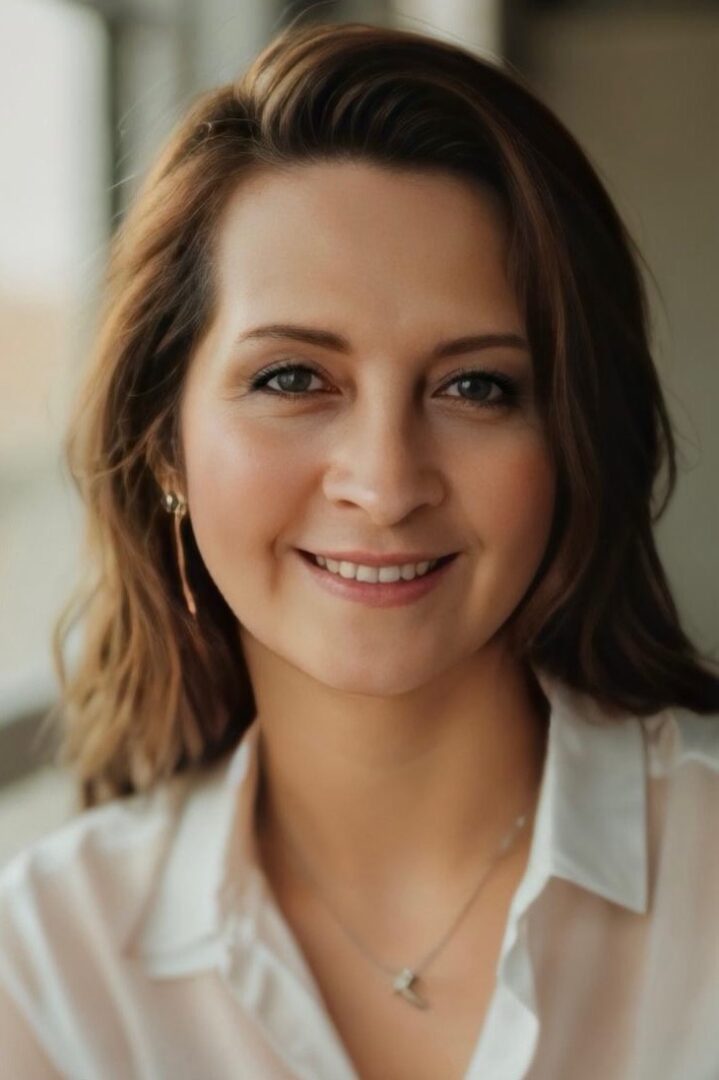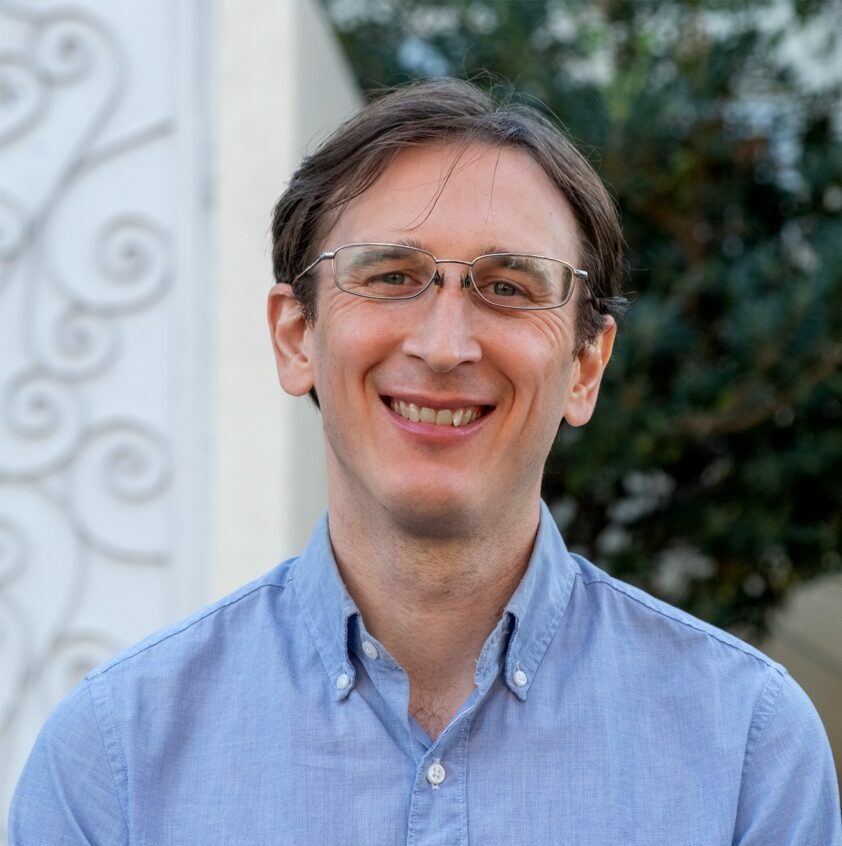We recently connected with Kathleen LeBlanc and have shared our conversation below.
Hi Kathleen, so excited to have you with us today and we are really interested in hearing your thoughts about how folks can develop their empathy? In our experience, most folks want to be empathic towards others, but in a world where we are often only surrounded by people who are very similar to us, it can sometimes be a challenge to develop empathy for others who might not be as similar to us. Any thoughts or advice?
I believe that most people are born with empathy, yet their path in life determines whether they will continue to grow in the ability to connect with others on an emotional level, or their circumstances will stunt their empathy, and thus they will become self-serving with little empathy to give… While I am not an artist per se, I grew up with musicians – “County and Western” musicians, who communicated their stories through music – stories that tugged at your heart, connecting people through a lens of numerous emotions that are cultivated by human experience. These shared human experiences transform people in a way that humanizes them, giving way to an empathic understanding in that each of us has our own story to tell – a story worth listening to.
Professor Bob Sutton, Co-Founder of Stanford’s d-school, speaks of empathy in his blog titled, Bosses, Empathy and Teachings: Thoughts from Anonymous. Sutton expresses that “life is a lot better when thinking about my job as one of helping everyone be good, helping everyone learn whatever they need, and teaching where I’ve got experience and expertise. When I think in terms of helping others learn to be even better, it automatically puts me into an empathic mode.”
I have had many of my own difficulties that I never would have expected in life, only strengthening my empathy for others. My education in psychology has also given me an extra layer of compassion. The greatest lesson that I have learned is not to judge others – .you never know when you will be walking on that very same path that you have judged another individual for.
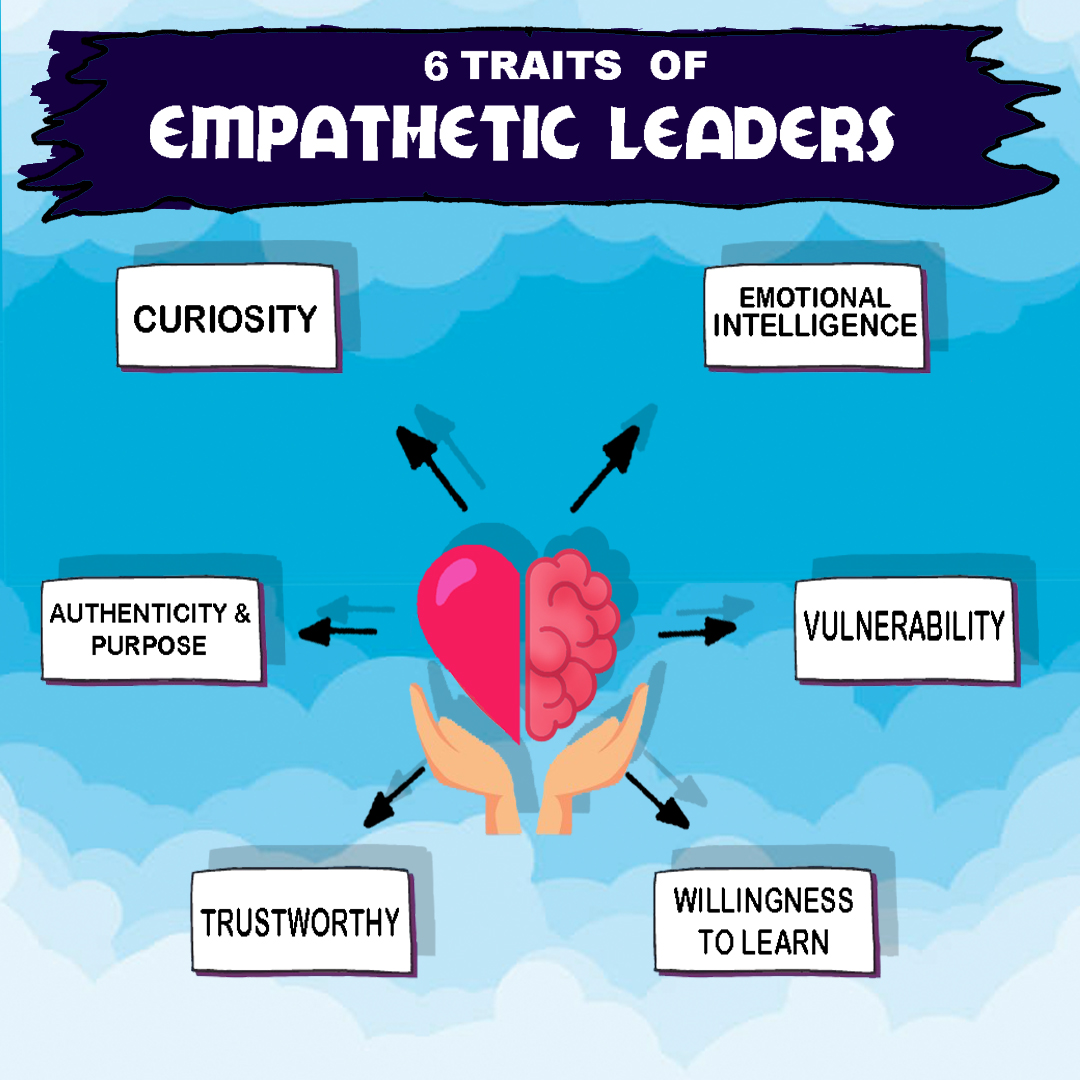
Appreciate the insights and wisdom. Before we dig deeper and ask you about the skills that matter and more, maybe you can tell our readers about yourself?
My years of helping people began as a Nationally Certified Holistic Practitioner, building a successful practice and serving clients in Peterborough, New Hampshire. I also became involved in coaching those who were having difficulties in addiction, in which I attended meetings to understand their perspective as best as I could. I left NH and moved to NYC and became the “right hand” to my now ex-husband, working with him in his career decisions. We both realized at one point that I had a gift for helping others – a sixth sense of what came next…I instinctively knew in what direction an individual could thrive, both personally and professionally. My sense for talented individuals stood out, and I took pride in seeing them reach goals that they may have felt to be unattainable. I soon became interested in psychology, the “why’s and “how’s” of human behavior – why we act the way we do and how we go through various methods to reach our goals and personal growth. There are many reasons why individuals get stuck in their careers: self-sabotage, fear of change, and motivational issues, just to name a few. And sometimes there are biological and/or environmental issues that come into play. With my background as a holistic practitioner and my interest in human behavior, I decided that I would go back to school for Industrial Organizational (IO) Psychology, recently obtaining a master’s degree.
While new to field the field of IO Psychology, I had already established a private practice coaching individuals in career transitions and overall well-being, not through social media, but rather from networking and word-of-mouth. My goals are to continue in the field of helping individuals who are stuck in their careers or transitioning, as well as guiding leaders in how to motivate and inspire their team with the tools that I have been trained in, which may include science-based methods and skills and personality assessments.
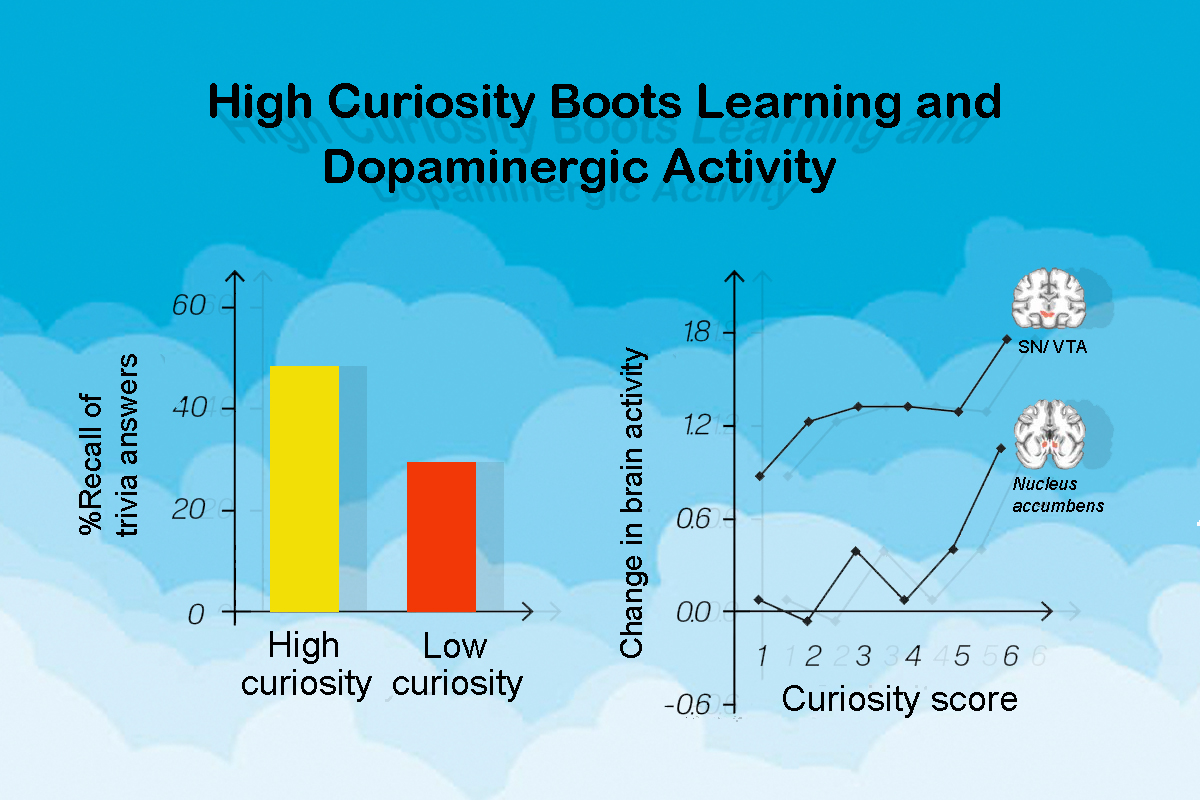
If you had to pick three qualities that are most important to develop, which three would you say matter most?
I have had the privilege of moving from a small town to New York City as well as traveling the world and learning of many belief systems. Currently I reside in Los Angeles, another city in which a diverse group of people living side by side is the norm. I’ve learned that too often individuals express fear of those who are different from than themselves, which can create a world that is void of kindness for these differences. Moreover, this lack of kindness toward others most often manifests hate and violence. A key role in psychology teaches awareness in valuing and respecting cultural differences, and it is up to each individual to put the puzzle together with pieces of compassion and an openness that breeds belonging and psychological safety. When we abuse the gift of respect and compassion, we are a contributing factor to world-wide problems.
While I have always been a curious individual in general, recently I have learned the benefits of being curious… And this doesn’t necessarily mean bombarding an individual with questions – one simple question can open a dialogue that can shine a bright light on who that person is. Todd Kashdan, a psychologist and curiosity researcher, discovered that strangers who exchanged questions imbedded in genuine curiosity as opposed to small talk built considerably more closeness and warmth. Another benefit of curiosity is that it supercharges your memory and cognitive functioning.
My advice to those who are developing in their personal and professional growth is to be genuinely curious, including those who are dissimilar to your beliefs. This carries you on a journey that will surprise you as we all have a story that is worth listening to.
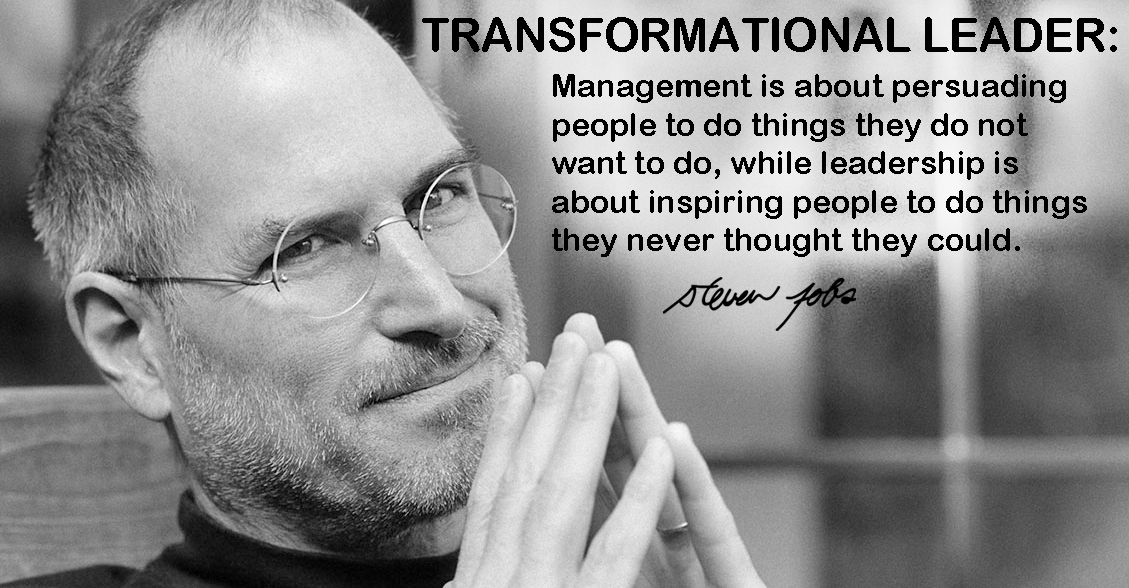
As we end our chat, is there a book you can leave people with that’s been meaningful to you and your development?
I have been immersed in books since I was a young girl. My genre has changed however as an adult. My focus has shifted toward IO psychology teachings in leadership styles, such as transformational, which inspires creativity and innovation, motivating individuals through a shared vision. Steve Jobs is a perfect example of a leader who led his team with this style…
My desire in learning human behavior continues, focusing on individuals struggling in their careers and/or overall well-being, and there are many books that I can draw from. However, there is one book that speaks to human behavior like no other: “Man’s Search For Meaning” by Viktor Frankl, which stands out as a favorite of mine. Viktor Frankl, Austrian psychologist, steered a delicate study of human nature when he was placed into a concentration camp during World War II. Deprived of all the normal habiliments of life, Frankl and his fellow prisoners offered an unadulterated image of human nature reduced to its basics. Frankl’s conclusion from studying human behavior was that humans are not primarily motivated by the craving for power, as Marx communicated; nor sexual drives, as Freud asserted; but by a desperate need to find meaning in existence. According to Frankl, it is humanity’s unheard cry for meaning – ignored by a “post-truth” modern society that causes many contemporary mental health difficulties.
According to my teachings in IO psychology, how much money one makes is not a driving factor in their happiness. And although we all need money to survive in life, as Frankl suggested, we are driven by other factors – to be heard, valued, and to feel a sense of purpose and belongingness. These factors are the greatest motivational factors in which human beings thrive.
Contact Info:
- Website: https://www.aspirewithki.com
- Linkedin: https://linkedin.com/in/kathleen-leblanc-02690797
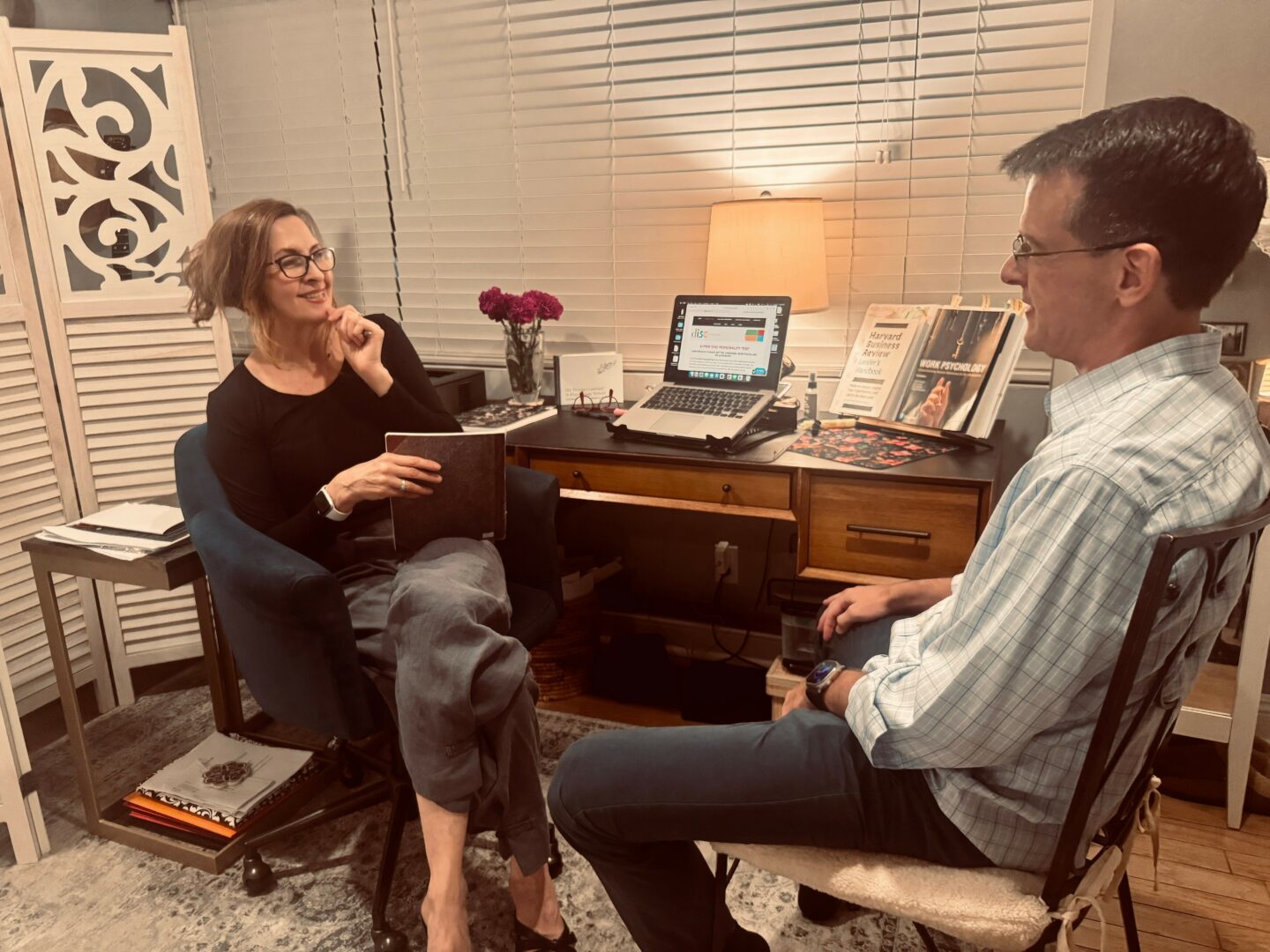
so if you or someone you know deserves recognition please let us know here.

